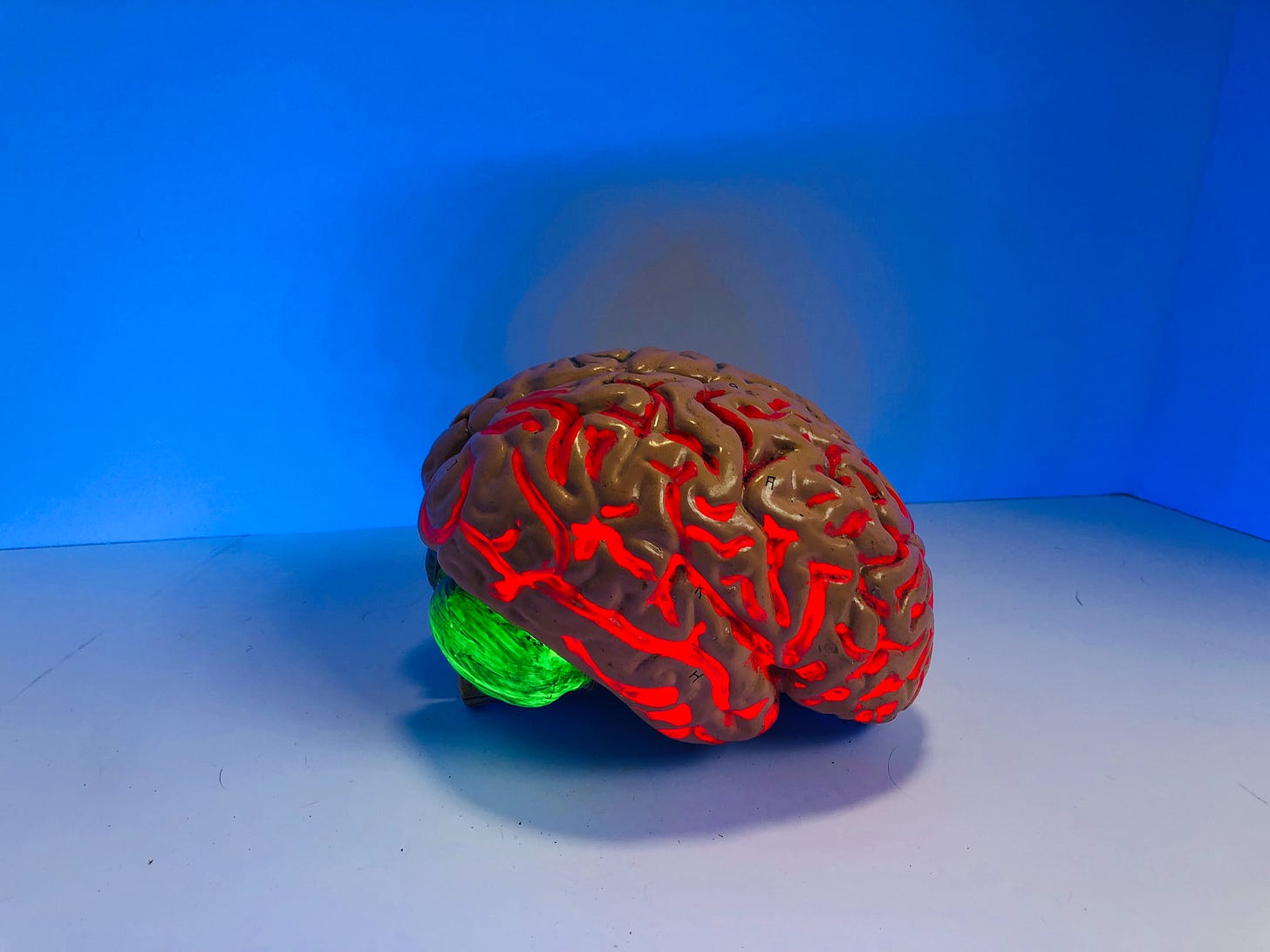The Brain Changing Effects of Exercise & What That Means for Coaches & Teachers
The physiological benefits of exercise are well documented. The brain benefits, not so much. The Physical Movement explores how knowing the brain benefits can make us better coaches and teachers.
In our recent interview with coach Guy Brown (https://thephysicalmovement.substack.com/p/a-fathers-day-gift-meet-guy-brown), Guy mentioned something that stuck with me.

Photo by Natasha Connell on Unsplash
When we spoke of the risks of brain injury in contact sports, specifically football, he had the perspective that although there were some risks, his family felt that the risks of inactivity on the brain had a greater impact on health.
To put that in perspective, Guy’s son has just graduated from North Dakota State after a very successful playing career on the football team. Guy himself had a Division 1 NCAA football career and NFL tryout. And Guy’s wife, Jeanne, has a Masters in Athletic Training and opened one of the first concussion clinics in the Madison, Wisconsin region years ago.
That triggered something I had reviewed some time ago, and that was the effect of exercise on our brain.
When we think of exercise, most of us focus on the physiological benefits. That is what we see on social media, and in magazines and articles. Weight loss, muscle gains and definition, six pack abs and on and on.
What is less publicized is the benefits of exercise on the brain.
Dr. Wendy Suzuki is a Professor of Neural Science and Psychology in the Center for Neural Science at New York University. Her major research interest continues to be brain plasticity. She is best known for her extensive work studying areas in the brain critical for our ability to form and retain new long-term memories.
Dr. Suzuki’s research over the last number of years has studied this effect of exercise on the brain. Both the effect of short term exercise and long term.
Her recent research has found that as little as 1 workout can have a major impact on brain function.
Specifically, 1 workout can change cognitive function and have impact on mood. It can impact incidence of depression and anxiety. Our energy can go up as well as our focus. There is also cause for more research on impact on things like reaction time being improved. Her main area of study has been aerobic exercise, but it does not seem to be limited to aerobic activity.
Dr. Suzuki reference here: https://content.iospress.com/articles/brain-plasticity/bpl160040 (2017)
There is also research on the impact of interval training and improved brain function.
Reference here: https://www.frontiersin.org/articles/10.3389/fnins.2018.00839/full (2018)
We can now add an important list of brain function benefits from exercise to the well known physiological benefits.
For coaches and teachers, the benefits of exercise directly impact cognitive function, mood , energy levels and anxiety in our athletes and students.

Photo by Matteo Vistocco on Unsplash
With this knowledge, we can come prepared with a prescription to make an impact!
As a coach and teacher, I am partial to getting our young athletes moving immediately upon starting the training session or PE class. Something with minimal instruction that gets them moving as soon as possible. After 5-10 minutes of moving, engagement increases, focus in heightened and the lesson or practice can begin.

For the classroom teacher, activity breaks during the day can make an enormous impact on concentration levels, and all other metrics discussed earlier.
In fact, in a recent presentation to the American College of Sports Medicine conference, Dr. Suzuki spoke of her undergraduate class at NYU actively participating in a workout prior to her class on how exercise changes the brain.
More on the topic here:
Key takeaways for coaches of athletes of all ages: keep your students/players moving. Improved focus comes after movement. Plan out your time, and monitor stand around time vs moving time.
For us older folks, the brain benefits are equally powerful. (see below Ted Talk)
Now, Guy Brown’s comment makes a lot more sense and is a powerful position around the risks of brain injury in sports vs the benefits to the brain from regular exercise that comes with sports participation.
Here is a TED Talk from Dr. Suzuki.
Enjoy!

